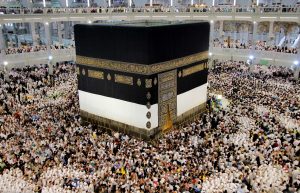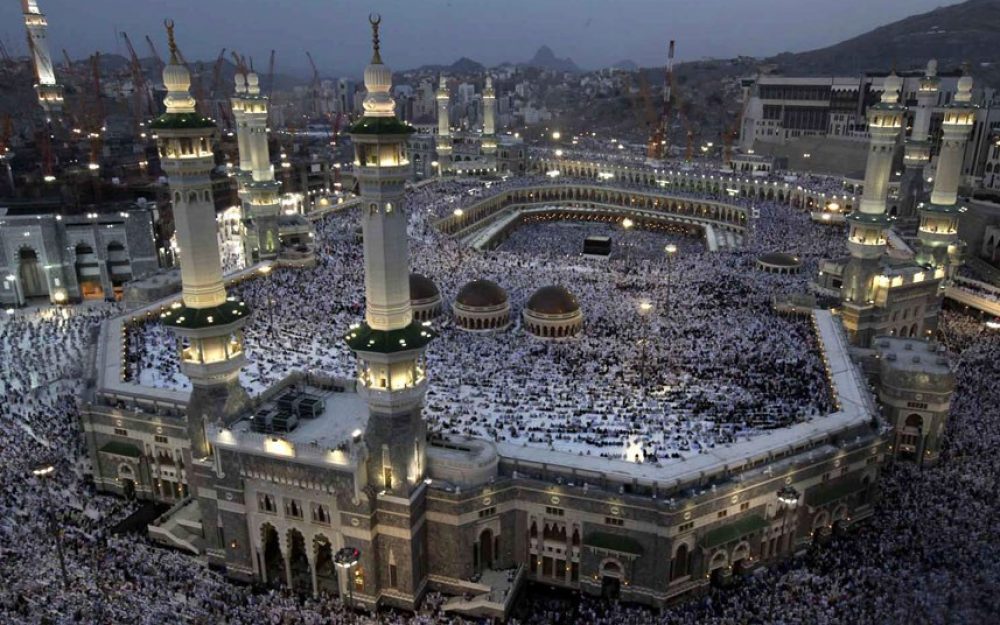GIFT HDR student, Sulistyo (Tyo) Utomo recently attended the Royal Geographical Society (with IBG) 2016 Annual International Conference to present a paper on “The Impact of Hajj satisfaction on Islamic Religious Commitment: Theoretical Framework” at the ‘Geographies of Religion and Spirituality: Beyond the ‘officially’ sacred’ session.
Hajj is the world’s largest yearly religious tourism phenomena (Jafari & Scott, 2010). During Hajj approximately three to four million Muslims from around the world gather in the city of Mecca, Saudi Arabia. Hajj is compulsory at least once in a lifetime for Muslims who are both financially and physically able. Pilgrims want to perform Hajj in as perfect a manner as possible in order to be rewarded in heaven and after returning home to obtain the title “Hajjis” (for males) or “Hajjas” (for females). Hajj is highly anticipated and prepared for over many years, is performed socially associated with norms and status, and involves hardship and sacrifice, becoming a memorable experience.

Muslim pilgrims circumvents the Kaaba at the Masjid al-Haram Mosque, Islam’s holisest site, two days before the Hajj pilgrimage, in Mecca, Saudi Arabia. Source: Aljazeera [Amel Pain/EPA]
Those returning from Hajj are generally expected to have strengthened Islamic beliefs and also that this increased faith will impact positively on their community, friends, and family. Today, a number of luxury high-rises hotels are available in Makkah. The most recent development in the area was the Clock Tower, the second tallest building in the world, is the building complex which consists of luxurious shopping mall and five-star hotels to accommodate wealthy pilgrims (Winerman, 2011). In contrary, this will change the focus of the pilgrimage from the pure religious to the secular motivation.
Given the significance of Hajj in the spiritual development of those attending, there is little discussion of the impact of modern Hajj experiences on the pilgrim after returning home. This study adopts as its theoretical foundation the Investment Model of Commitment, which claims that relationship commitment has three antecedents; satisfaction level, quality of alternatives and investment size. This theory has been used to study intense attachments such as romantic interpersonal relationships, commitment to an occupation, participation in sport, medical treatments and recently religious commitment in a Christian context. In this study, the Investment Model of Commitment is applied to religious commitment in an Islamic context. This thesis is expected to contribute to the literature of tourism, psychology and religious studies.
Theoretically, this research operationalises and measures the concept of religious commitment. Practically, this study will result in a more complete understanding of religious commitment within the Hajj experience, and the link between psychological outcomes of religious tourism and subsequent religious behaviour. This study may benefit both individual Muslims and the Islamic community through in measuring the changes in level of Islamic religious commitment due to Hajj.
This article was written by Griffith Institute for Tourism HDR student, Sulistyo (Tyo) Utomo.
